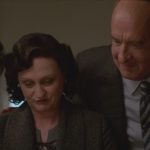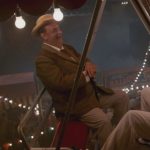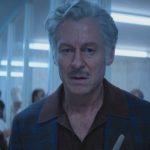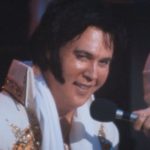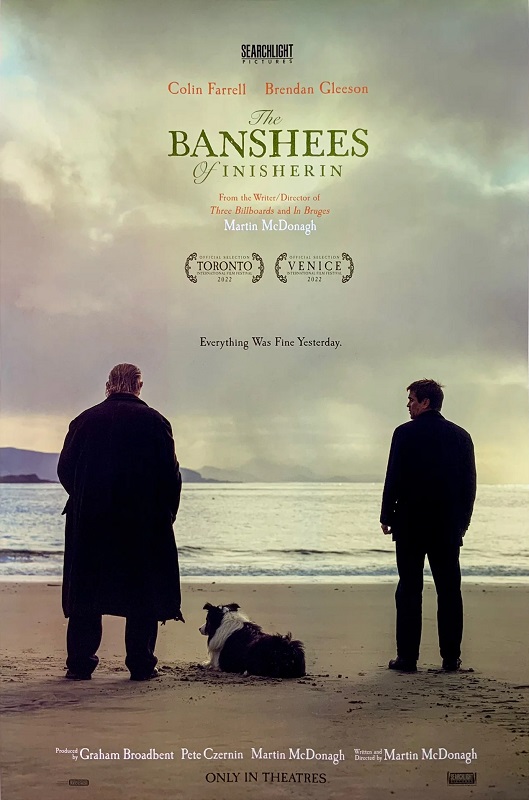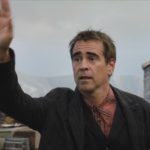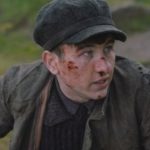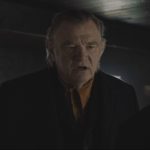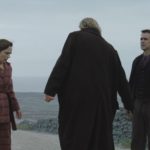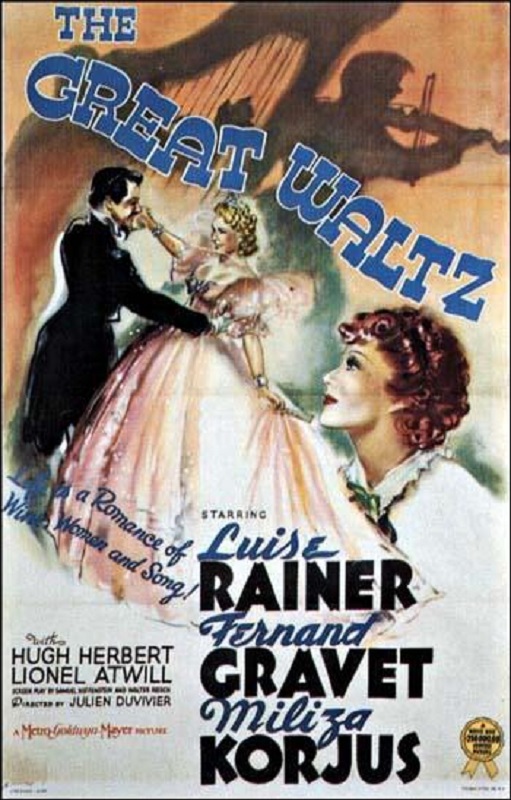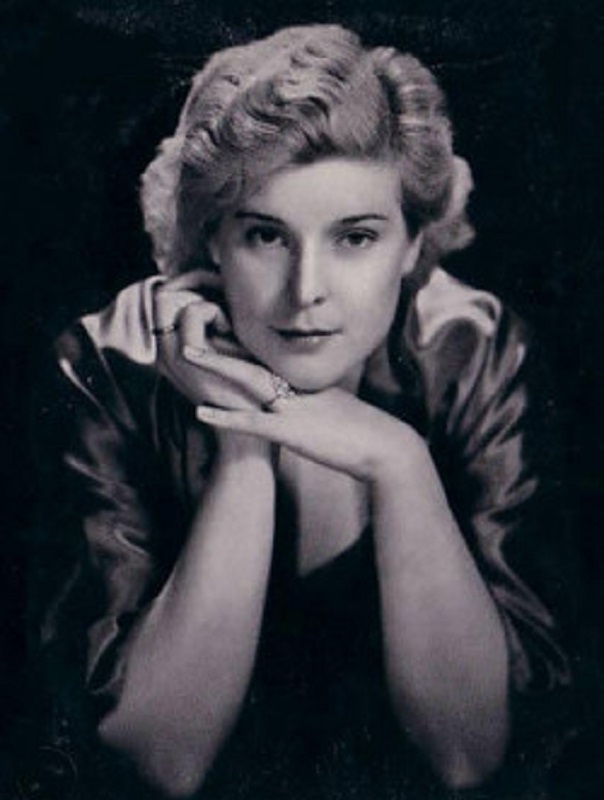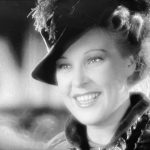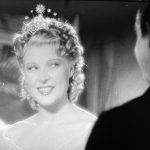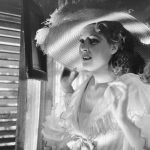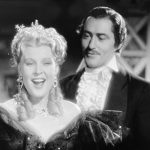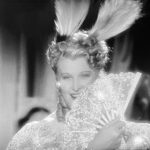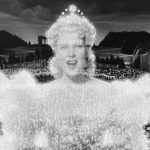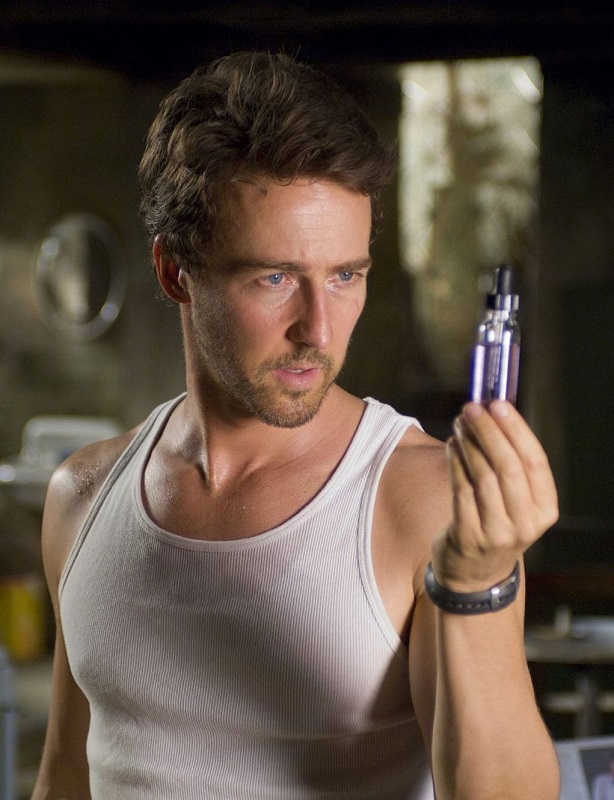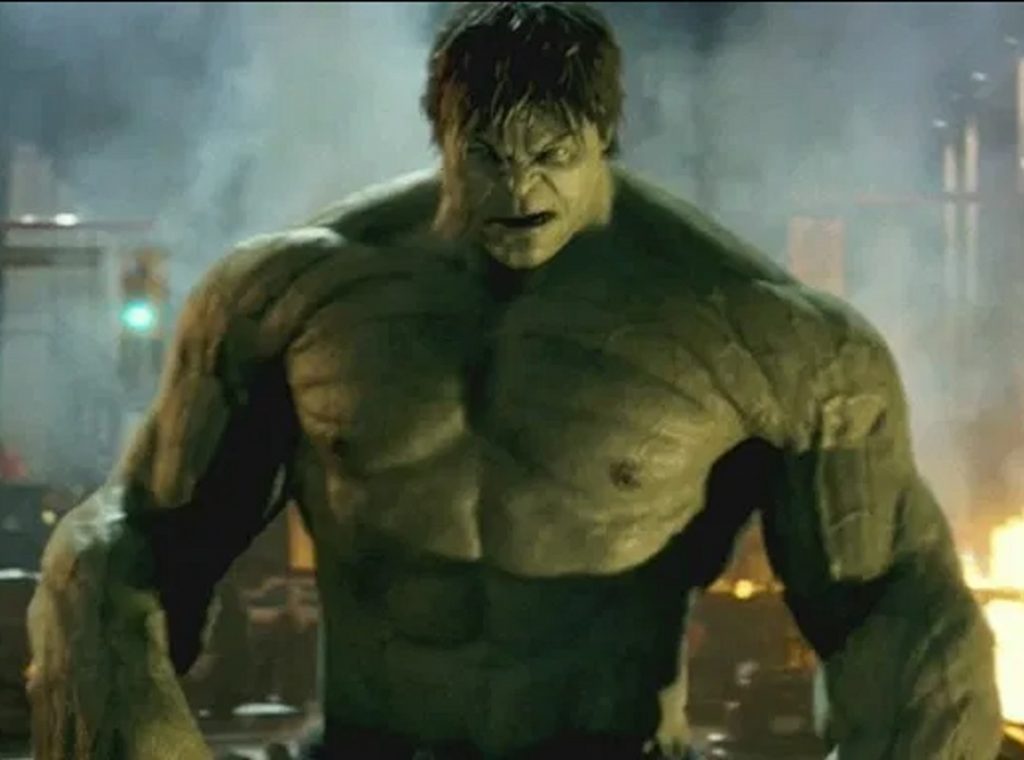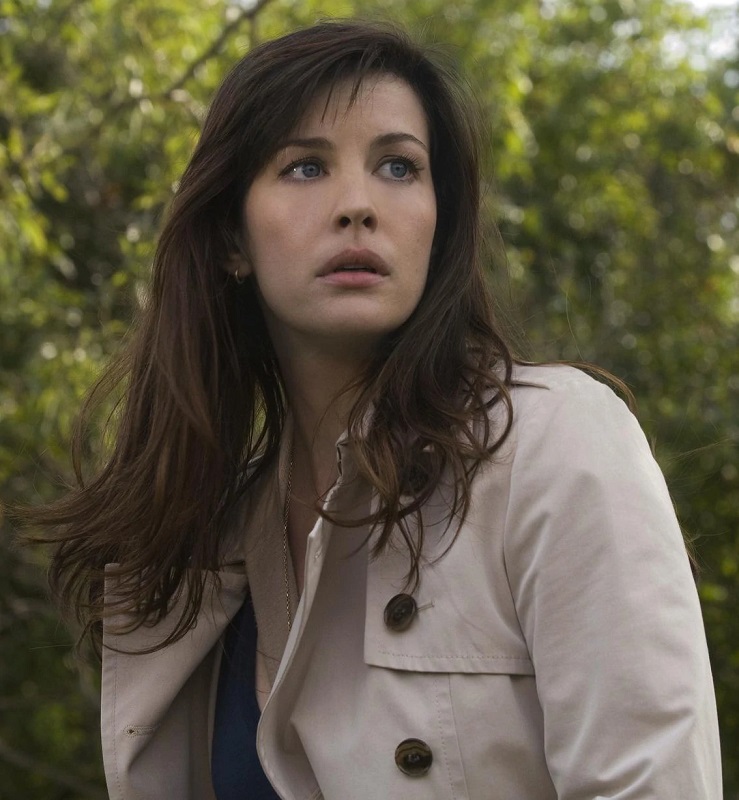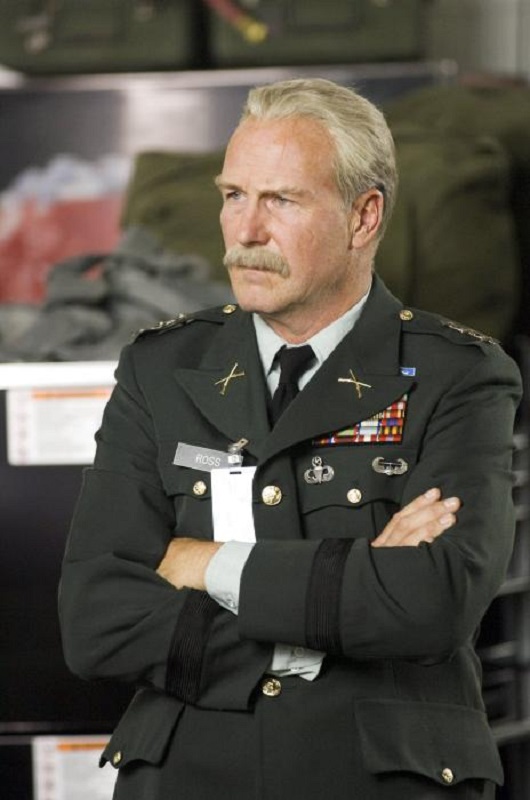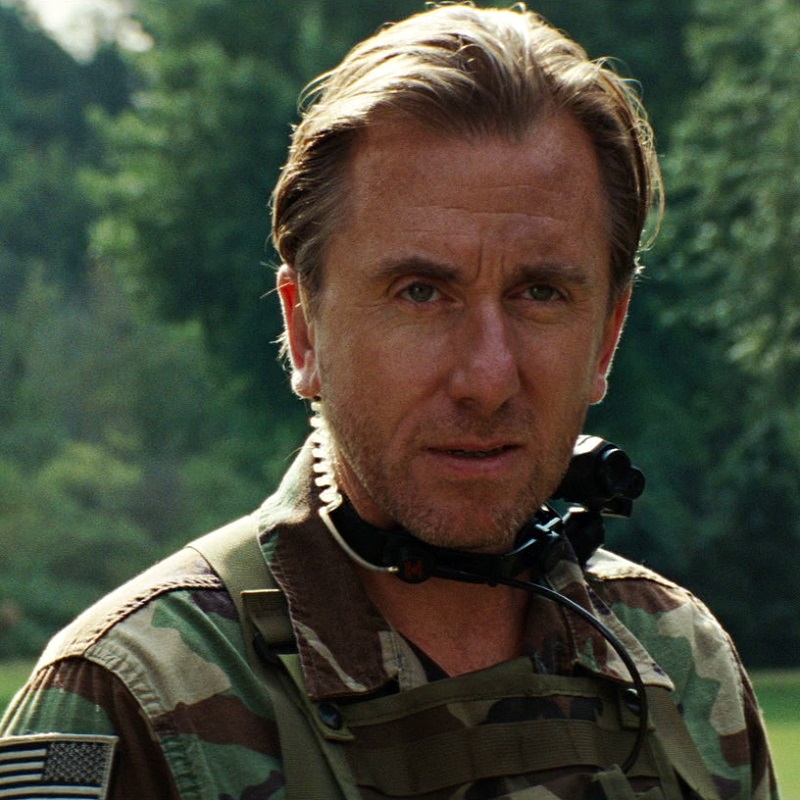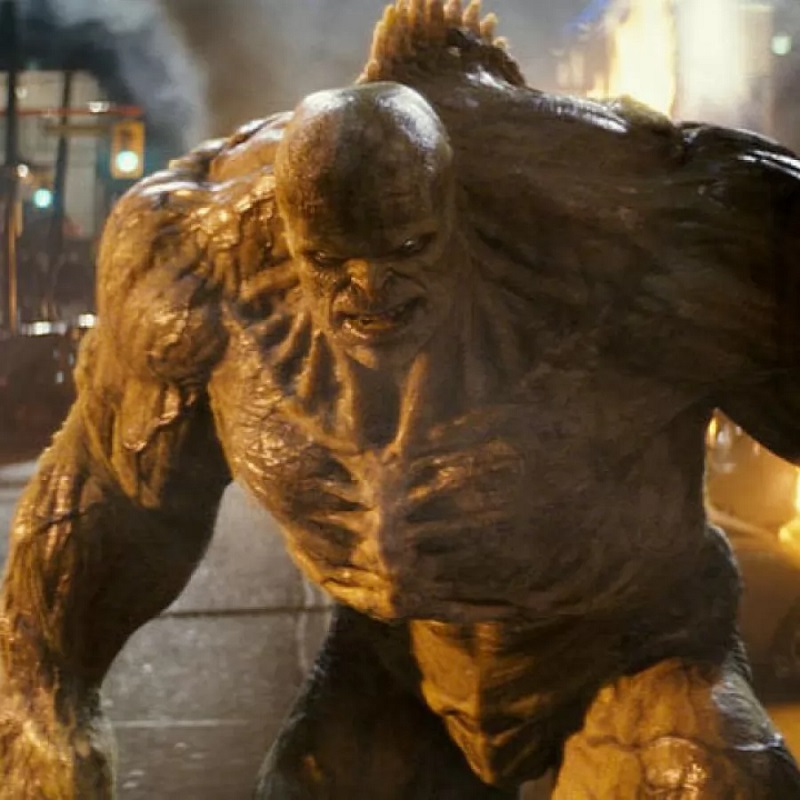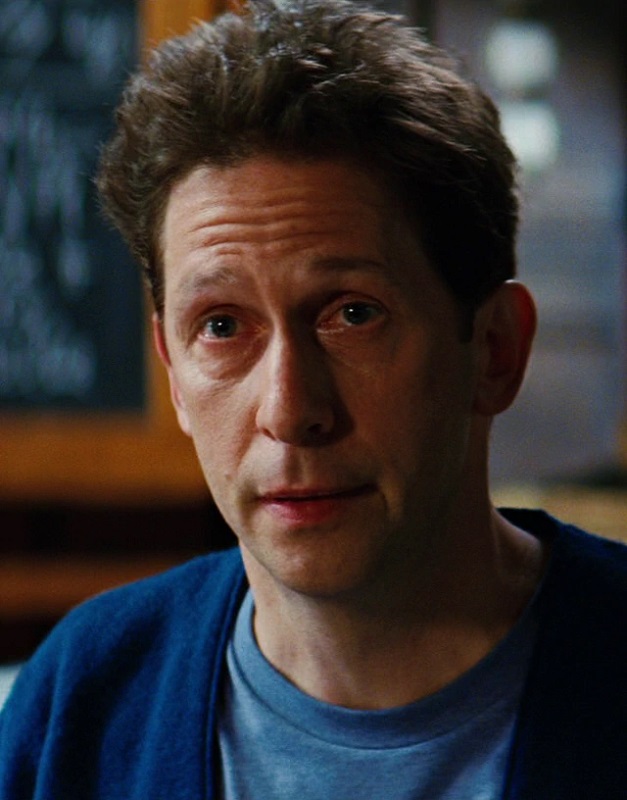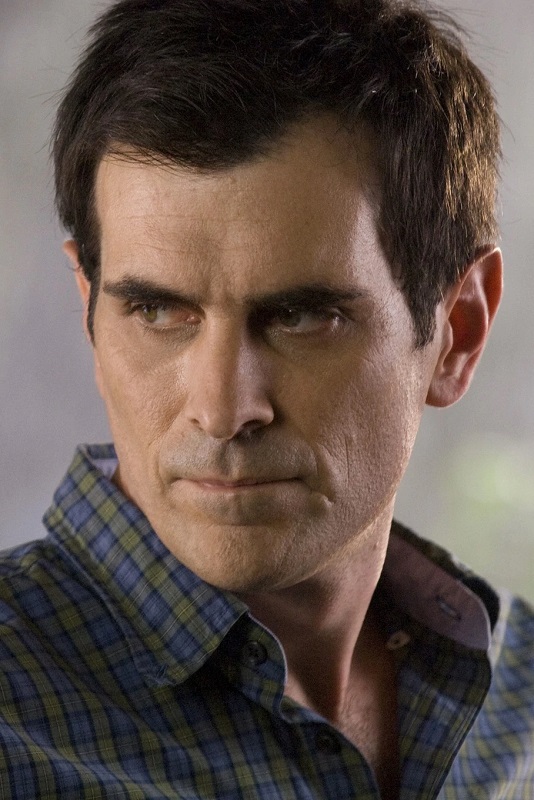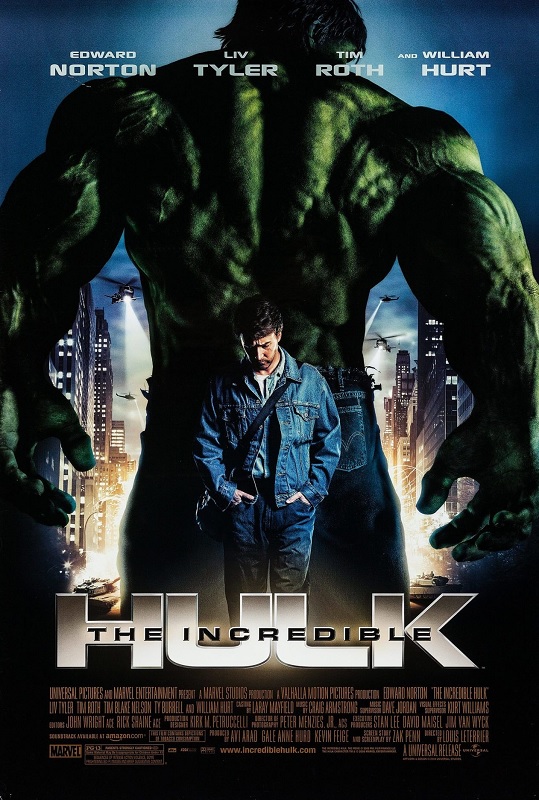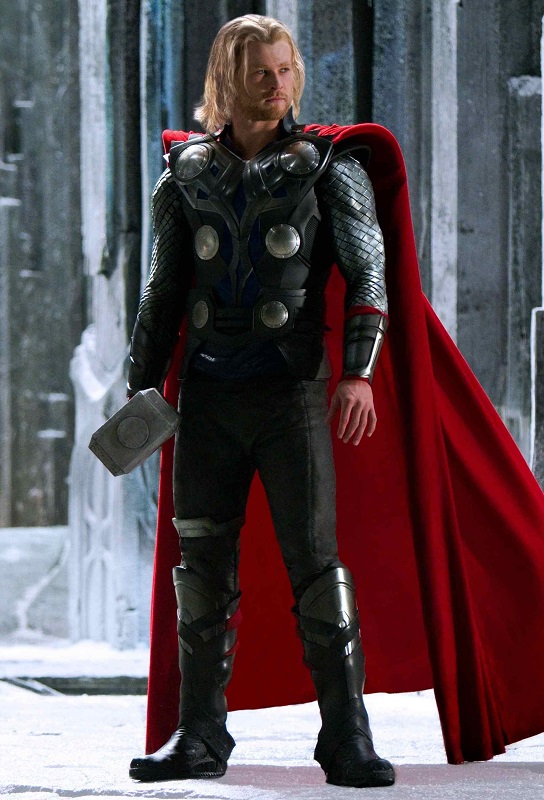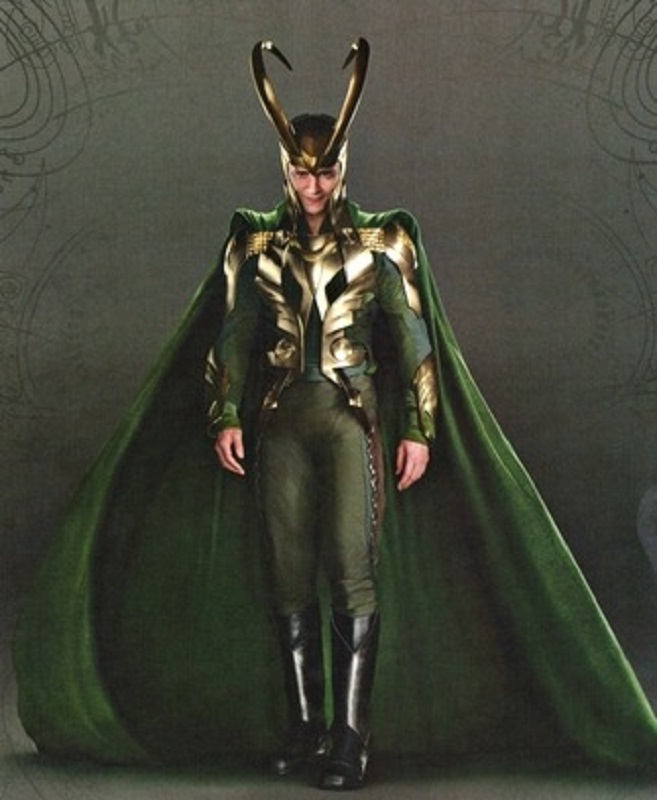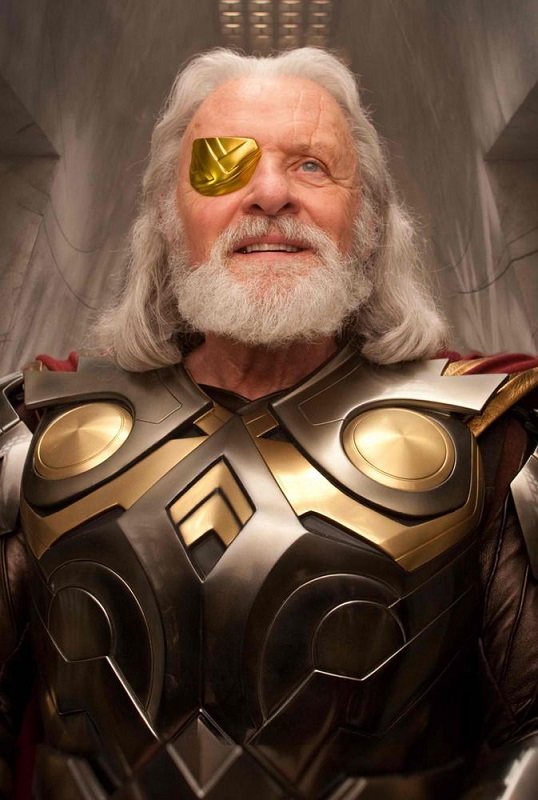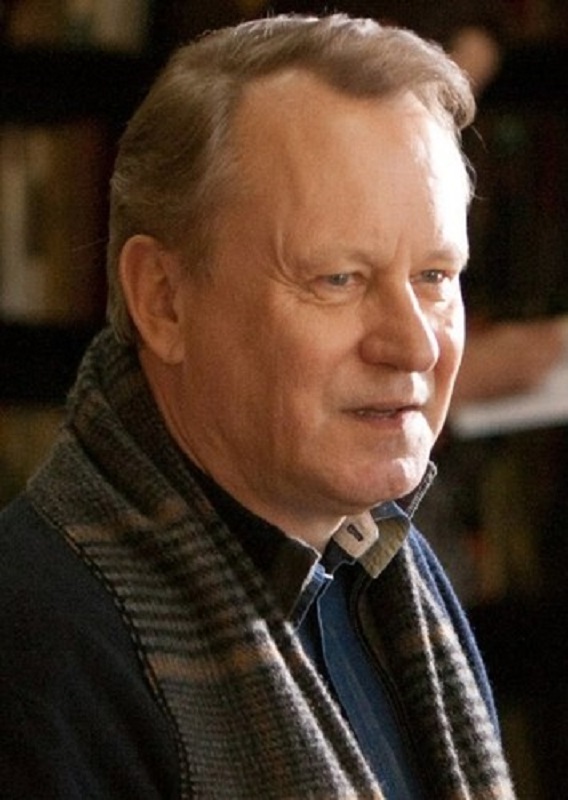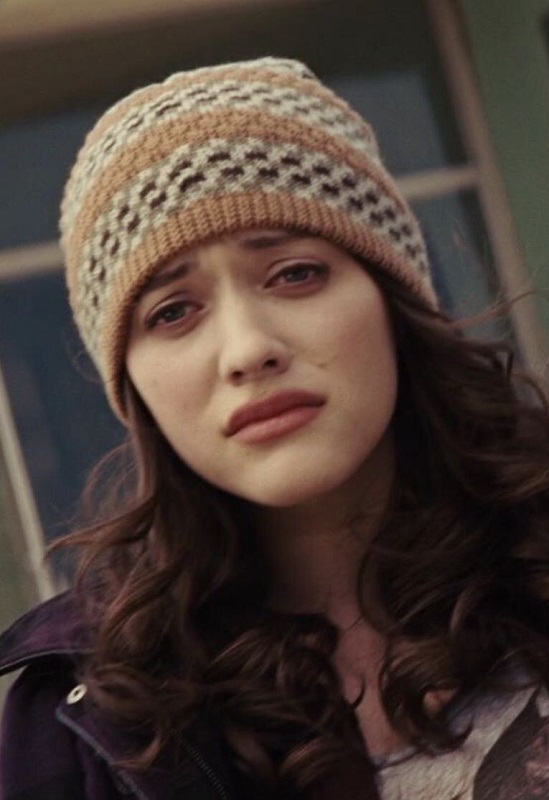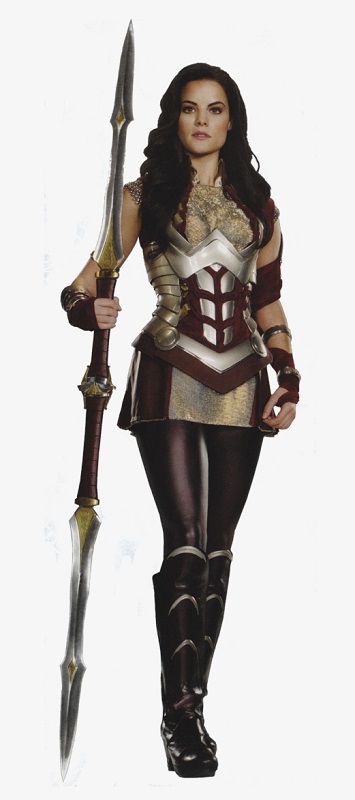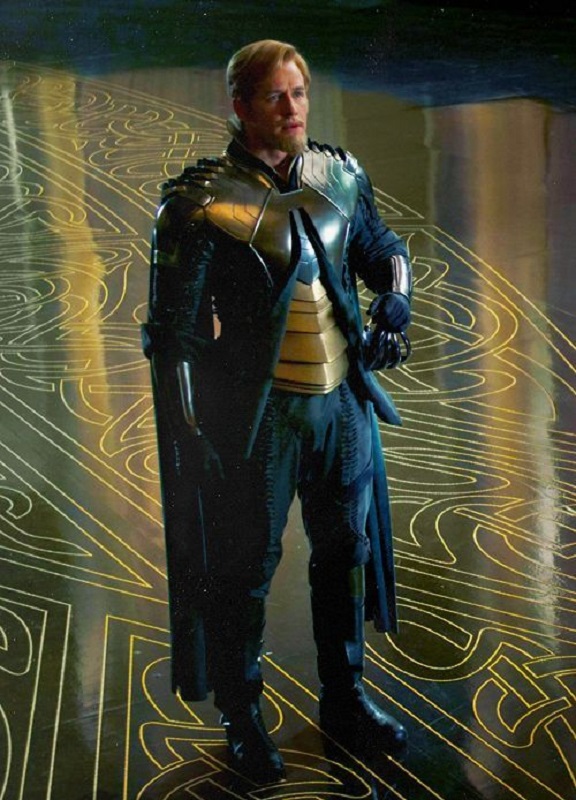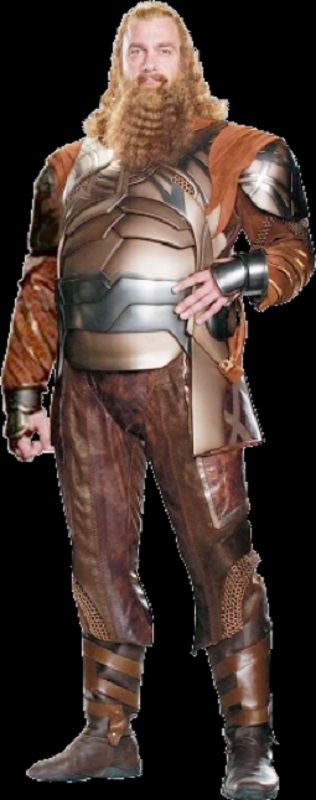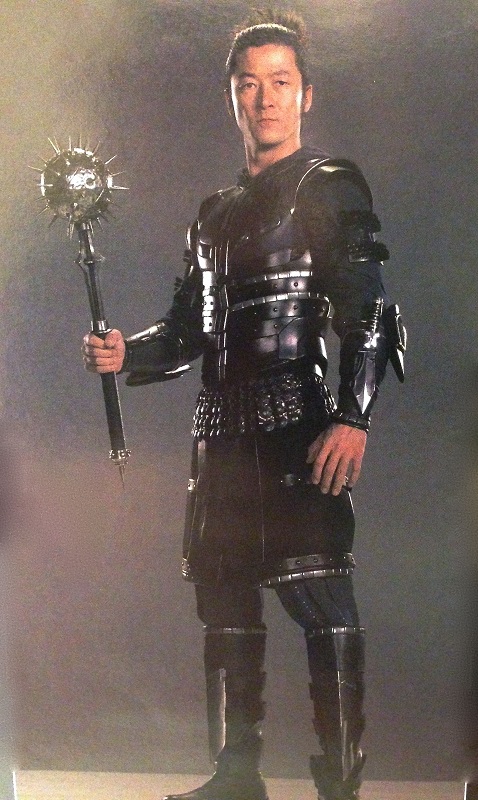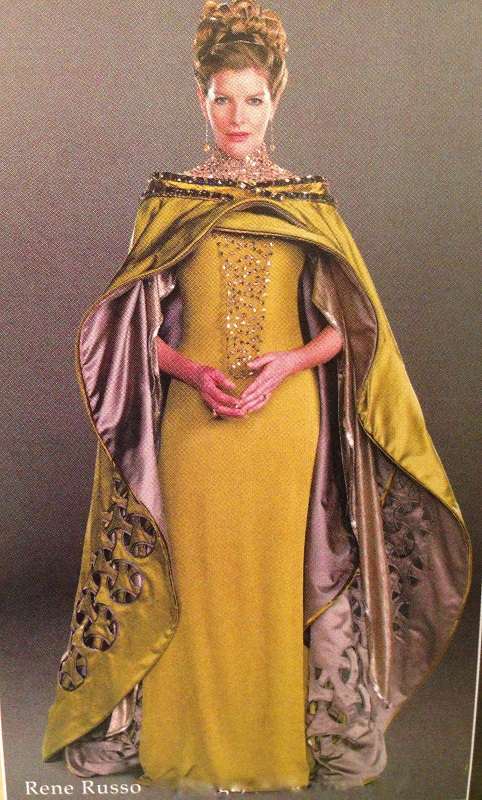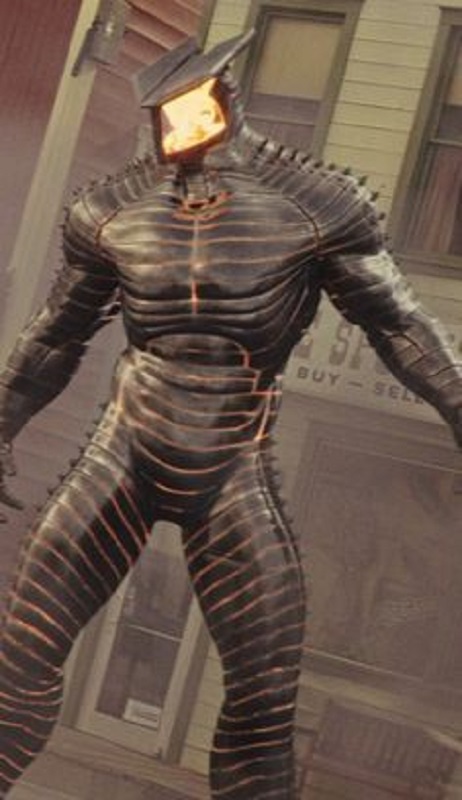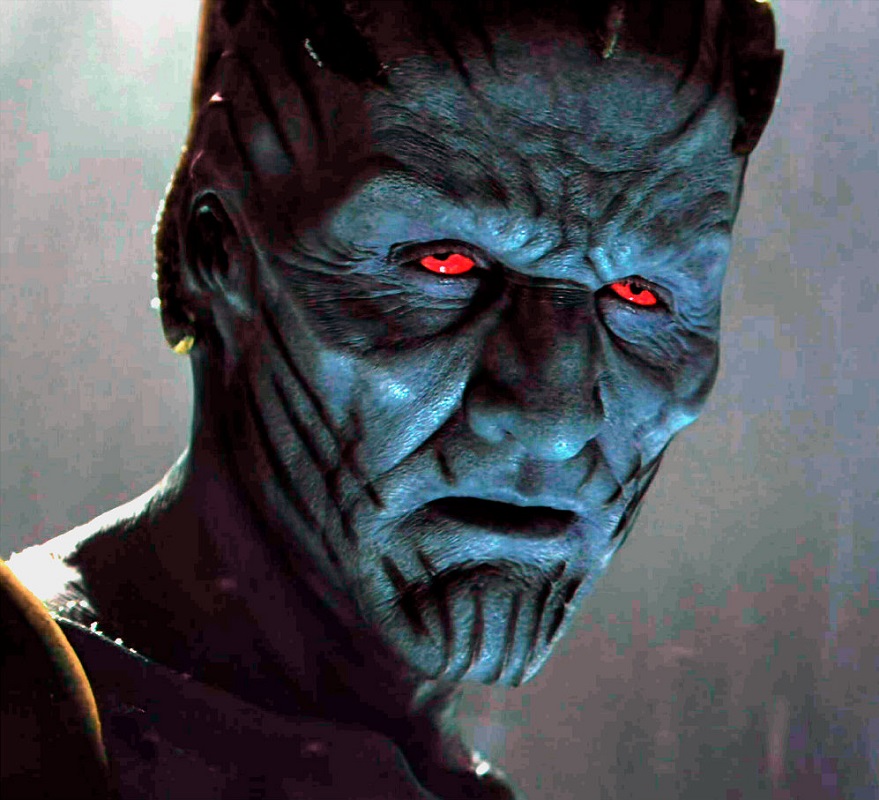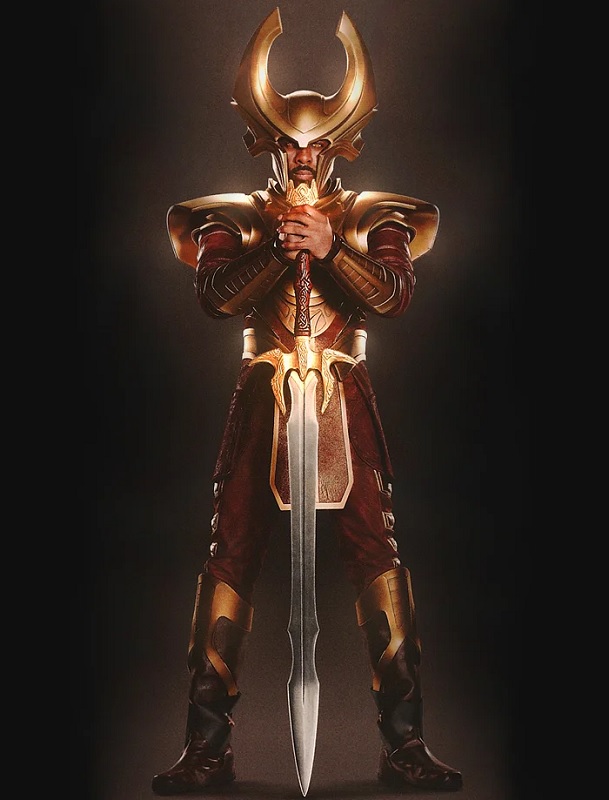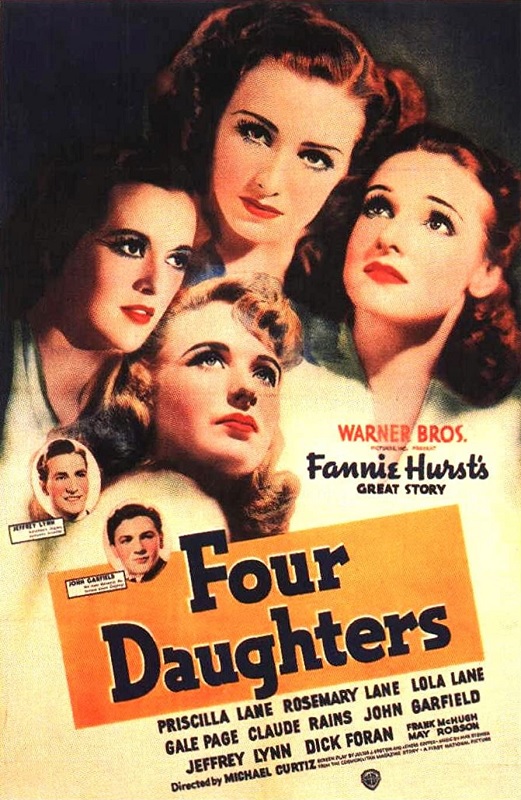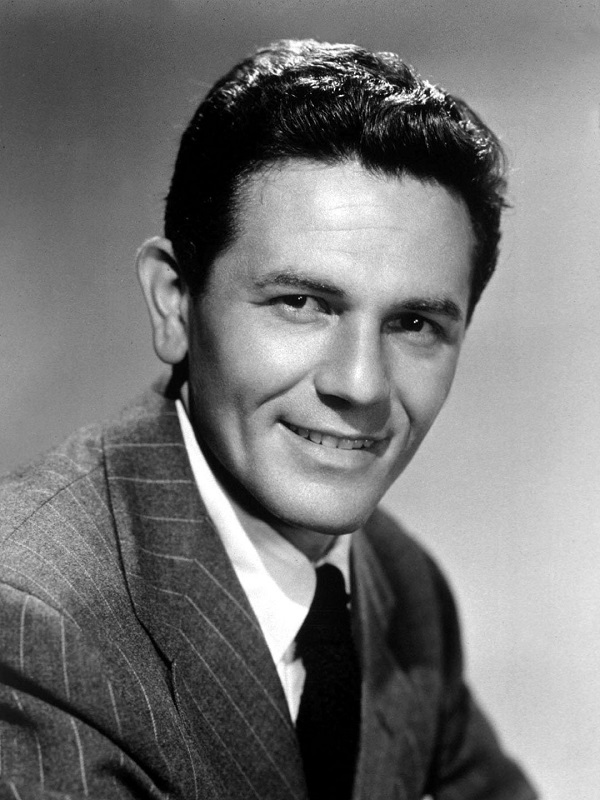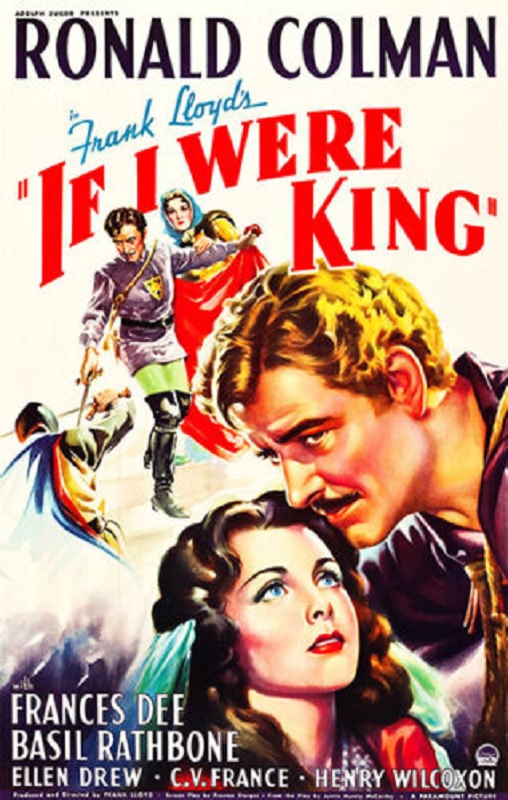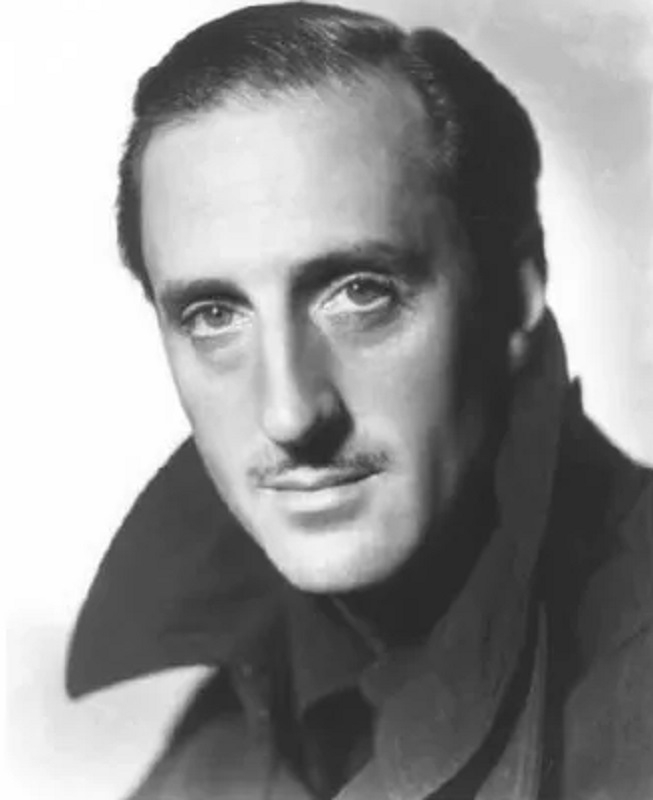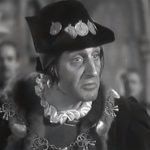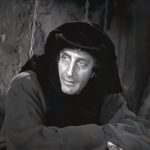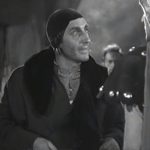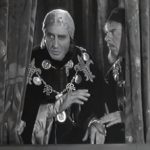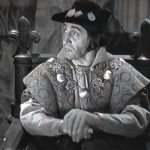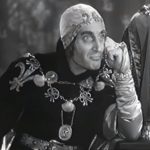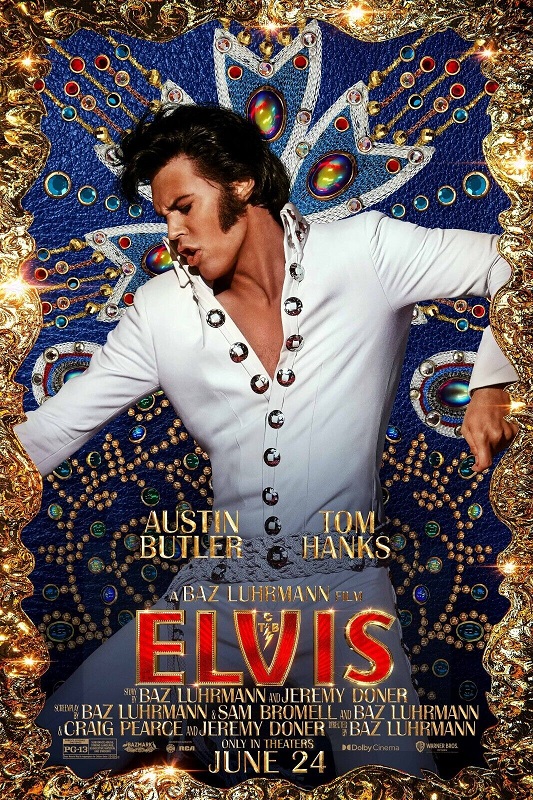

2022 – Elvis
After watching Elvis, the big question I’ve been trying to answer is… did I enjoy the film? And I think the answer is, no. That is to say, I enjoyed certain aspects of the movie, but on the whole, I don’t think it worked for me. And I’m sorry to say, I think I know why, and I know there are many, many people who are going to completely disagree with me. It was the director, Baz Luhrmann. He has a very distinct style, and his fingerprints were all over this film, from the script to the cinematography, from the editing to the pacing, from the music to the set design. It had Luhrmann’s stamp on every frame.
Now, on the one hand, that’s awesome. Luhrmann told the story the way he wanted it told, and it is always really cool when you can tell who directed a film just by watching it. But it was the subject matter that threw everything off. Luhrmann’s style worked perfect for another of his big hit films, Moulin Rough. But here, I think the biopic of the life of Elvis needed a more subtle approach. The director is great at the bold and in your face spectacle, and Elvis was certainly known for that… on the stage. But behind the scenes, I wanted more intimacy, more sensitivity, more detail.
One thing I’ve seen Luhrmann use in other films is split screens and panels, and this worked just fine for the story. It was especially effective during the montages and expositional excerpts. But there were too many other things that didn’t quite work. For one thing, the break-neck pacing was too fast, and constantly left me feeling like I was getting the cliff-note version of Elvis’s life. I wanted more details, longer scenes that delved into Elvis’s relationships with his family, his manager, and his wife. I don’t feel like I got the detail I wanted. I mean, the film barely touched on his military career or his movie career, and I felt like I wanted to know more about that. I mean, Elvis was actually in 33 movies over a 16 year period, and this two hour and forty minute movie barely spent ten minutes on it. But when it came down to it, I suppose this movie wasn’t about Elvis’s career. It was about the abusive relationship Elvis had with his manager, Colonel Tom Parker.
And then there was Luhrmann’s choices concerning the film’s music. I mean, here we have one of the biggest rock music sensations of all time, and yet there were scenes underscored by modern rap music, which felt disconnected from the story and absolutely unnecessary. Didn’t ELVIS have enough music to cover the whole plot of the movie? Of course he did. And modern rap music in a story that took place before modern rap music even existed brought me out of the story. It just felt like a lost opportunity to showcase the King. And even when they did use Elvis’s music, they mixed it with more dramatic underscoring the changed the tone of the songs to fit the scenes. It was like Luhrmann was trying way too hard to be dramatic, and it made the movie feel a little too full of it’s own subject matter.
And finally, I have to say that I didn’t care for the way the character of Priscilla, played by Olivia Dejonge, was handled. They didn’t do anything wrong. They didn’t show her in a bad light or make up things that weren’t true. I just don’t think they gave her enough prominence in the film. To be certain, she wasn’t ignored. But I do think she was underused. It was a little bit as if she was an afterthought that was only there to make the film a little more historically accurate. Maybe that is just me showing my ignorance of the singer and his life and career, but I would have expected the love of his life to have a more prominent role in a film about him.
But there were things that I did like about the movie. I loved the costumes. They were spot on, and looked great on the big screen. I loved the acting. Tom Hanks, did a great job as always. Actually, he arguably played the lead role, as the entire film was told from the perspective of Colonel Tom Parker, Elvis’s manager, who manipulated and abused Elvis, taking most of his money. It is hard to picture Hanks playing the bad guy, but I think that’s exactly what he did here. Austin Butler was amazing as Elvis, himself. There were times when he looked exactly like the real superstar, but then there were other times when he really didn’t. The structure of his face was just different enough to break through the illusion the filmmakers were trying to create. I wonder if this might have been fixed with a little deep-faking technology, or would that have been too expensive to accomplish.
Other significant characters in the movie were Elvis’s parents, played by Helen Thomson and Richard Roxburgh, and Kelvin Harrison Jr. as B.B. King. There was even a great little scene with Alton Mason playing a very young Little Richard. But mostly, I loved the recreations of Elvis’s most famous performances. The ’68 Comeback Special in his black leather outfit was so cool! That’s one thing this movie did brilliantly. It showed Elvis as the fantastic performer he really was.


